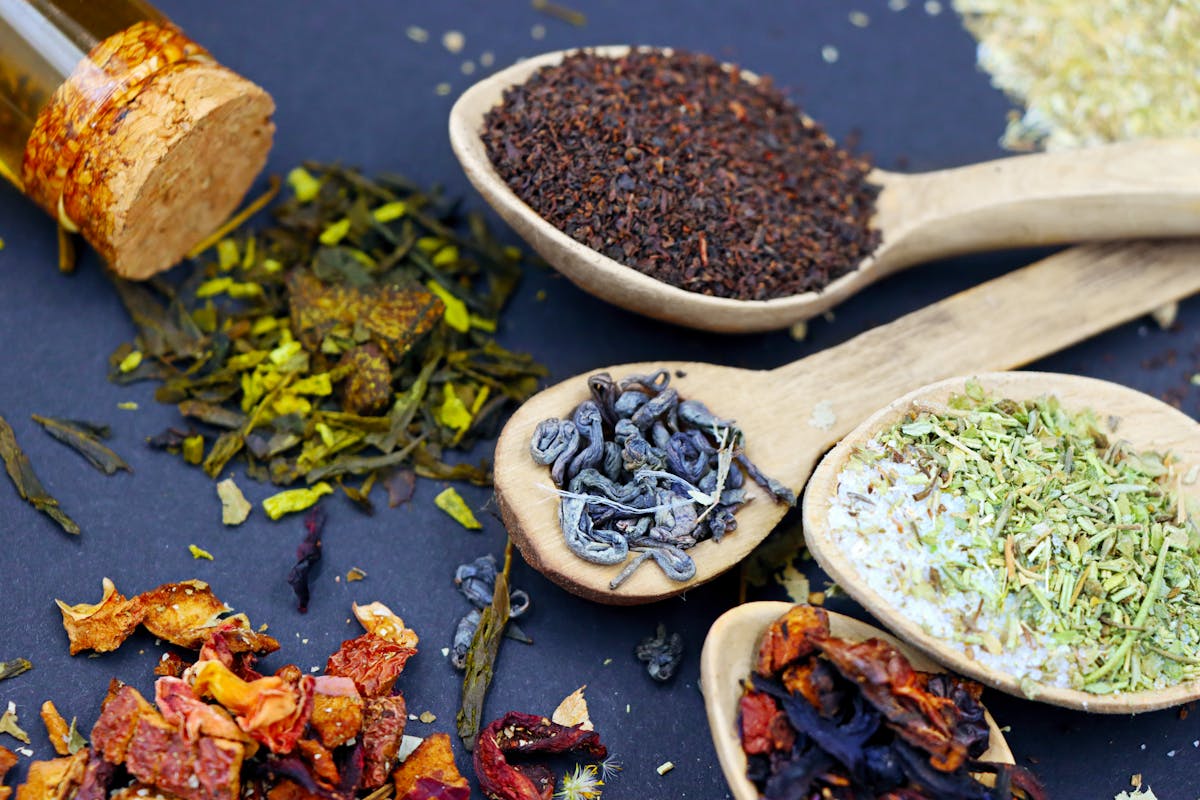Chronic inflammation is a prolonged and persistent inflammatory response in the body that can last for several months or even years. Unlike acute inflammation, which is a short-term process following injury or infection, chronic inflammation often arises without any apparent immediate injury or disease. It plays a significant role in various degenerative and autoimmune diseases, making it an essential topic for health and wellness discussions.
The Mechanism of Chronic Inflammation
To comprehend persistent inflammation, it’s essential to start with the normal inflammatory response of the body. When an injury occurs, the immune system reacts by dispatching white blood cells to the site, causing redness, warmth, swelling, and discomfort. This is the body’s inherent method of defense and facilitating recovery.
However, with chronic inflammation, the immune response does not subside as it should. Instead, it persists, leading to a sustained state of alert. This ongoing process can result in tissue damage and contributes to various health issues. Key factors that trigger chronic inflammation include persistent infections, prolonged exposure to irritants, or autoimmune disorders where the body mistakenly attacks its tissues.
Frequent Reasons and Contributing Factors
Several factors contribute to the development of chronic inflammation:
1. Way of Life and Diet: A consumption pattern rich in sugars, harmful fats, and processed products can worsen inflammatory reactions. Inactive lifestyles, along with being overweight, are key factors in persistent inflammation.
2. Environmental Toxins: Continuous exposure to environmental pollutants, smoke, and industrial chemicals can lead to chronic inflammatory conditions.
3. Stress: Prolonged stress may trigger the body’s inflammatory responses, leading to ongoing inflammation.
4. Infections and Immune Dysregulation: Some infections, such as those caused by viruses or bacteria that the body cannot entirely eliminate, can lead to chronic inflammation. Additionally, autoimmune disorders, where the immune system attacks healthy cells, are directly linked to chronic inflammatory responses.
Chronic Inflammation and Disease
Chronic inflammation is associated with many illnesses, such as:
Cardiovascular Disease: Chronic inflammation may harm the inner walls of the arteries, leading to plaque buildup and elevating the likelihood of heart attacks and strokes.
Diabetes: Chronic inflammation can affect insulin sensitivity, leading to type 2 diabetes.
Arthritis: Rheumatoid arthritis and osteoarthritis are instances of conditions that lead to joint inflammation, causing pain and deterioration.
Cancer: Inflammatory responses have been implicated in the development and progression of several types of cancer, due to the way inflammation can damage DNA and promote tumor growth.
Neurodegenerative Diseases: Conditions like Alzheimer’s disease have been linked to chronic inflammation in the brain, suggesting inflammation plays a role in cognitive decline.
Handling Long-term Inflammation
Although persistent inflammation presents major health obstacles, several methods can aid in controlling or reducing its impact:
Diet and Nutrition: Eating a diet abundant in foods that combat inflammation, like fruits, vegetables, omega-3 fats, and nuts, can assist in lowering inflammation. It is also crucial to cut down on sugary and processed foods.
Exercise: Engaging in consistent physical activity enhances general well-being and may reduce the presence of specific inflammatory markers within the body.
Stress Management: Techniques such as mindfulness, meditation, and yoga can help manage stress and subsequently decrease inflammation.
Medical Treatments: Non-steroidal anti-inflammatory medications (NSAIDs) and disease-modifying antirheumatic agents (DMARDs) may be recommended to alleviate symptoms in some persistent inflammatory disorders.
While we further explore the intricacies of ongoing inflammation, it prompts us to be mindful of lifestyle decisions and uphold a harmonious method for health. Grasping and tackling chronic inflammation is crucial for warding off various illnesses and enhancing life quality. This understanding enables people to make knowledgeable decisions and weigh choices that support sustained health and wellness.





